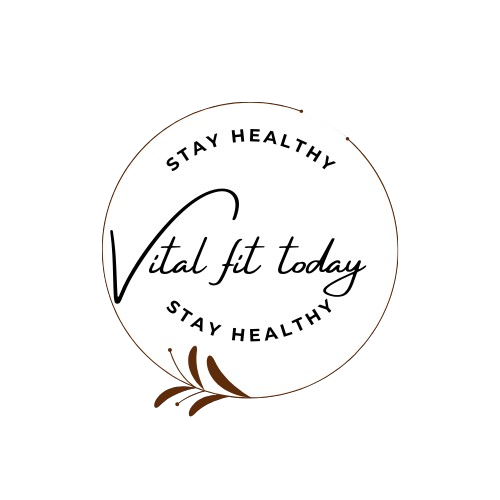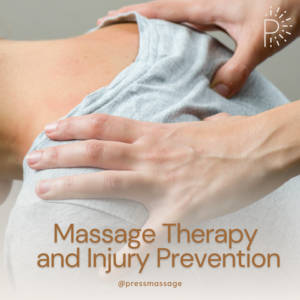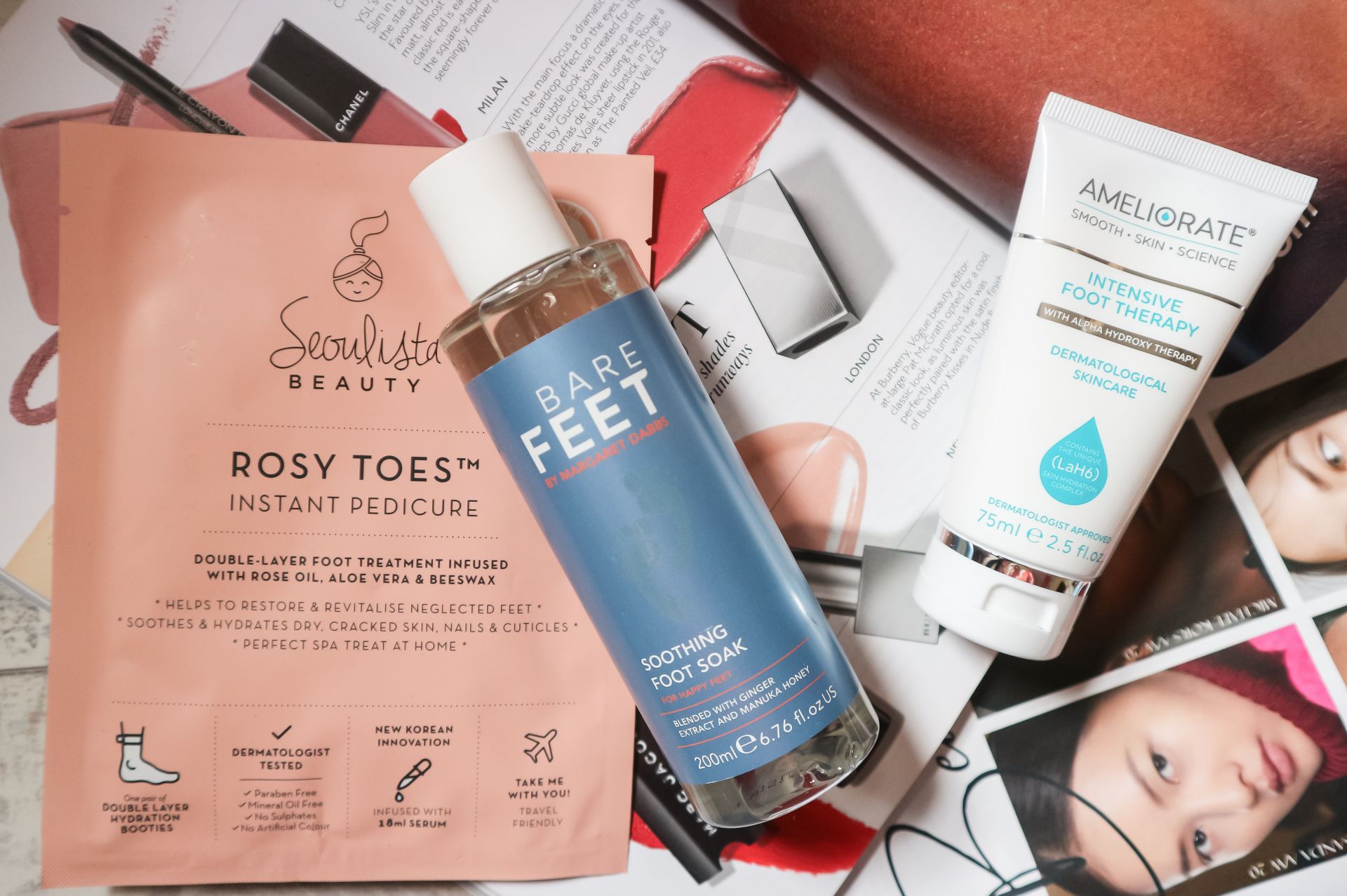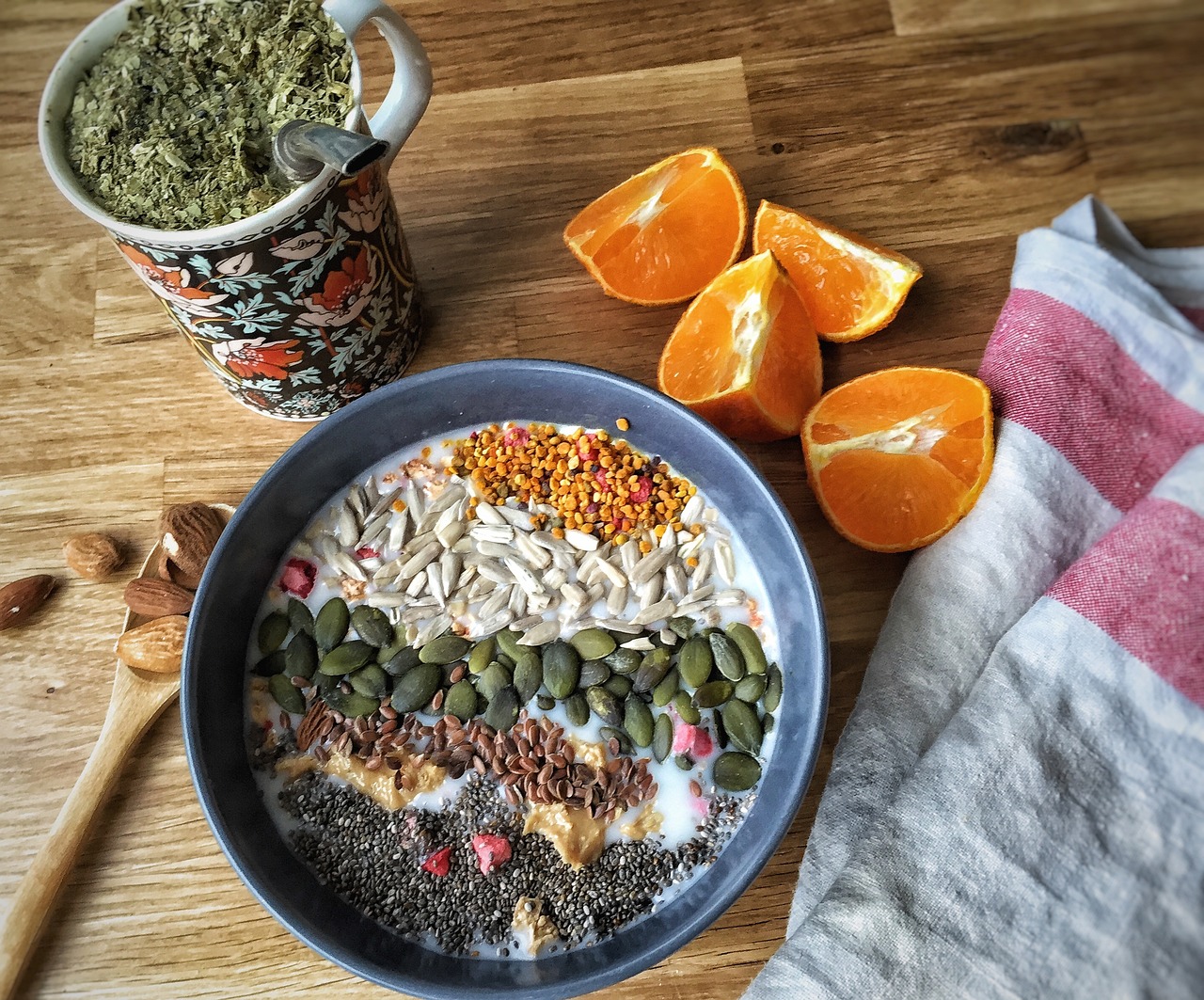You’ve crushed your workouts all week. You’re hitting PRs, sweating through HIIT classes, and feeling unstoppable—until fatigue hits. Suddenly, your muscles ache, your energy tanks, and motivation fades. Sound familiar? Pushing harder isn’t the output. Your body isn’t slacking—it’s screaming for recovery. Behind the scenes, intricate biological processes are working overtime to repair, rebuild, and prepare you for future gains. Let’s explore the science-backed reasons why skipping rest is sabotaging your progress and how embracing downtime unlocks your true potential.
Muscle Repair Mechanism: How Your Body Heals After a Workout
Every rep, sprint, or lift creates microscopic tears in your muscle fibers. This damage isn’t a flaw—it’s the catalyst for growth. During recovery, your body activates satellite cells, which rush to repair these tears. Think of them as construction crews rebuilding a stronger, more resilient structure. This process, called hypertrophy, thickens muscle fibers to handle future stress.
But there’s a catch: Without adequate rest, this rebuild cycle gets interrupted. Inflammation lingers, soreness worsens, and progress stalls. Overtraining can even lead to muscle breakdown (catabolism), where your body eats away at hard-earned tissue for energy. That’s why rest days aren’t lazy—they’re non-negotiable for muscle repair.
Protein Synthesis and Growth: Fueling Your Body’s Rebuilding Phase
Muscle rebuild hinges on protein synthesis—the process where cells use amino acids to create new proteins. After a workout, your body enters an anabolic state, prioritizing muscle repair over other functions. This is when protein-rich meals and sleep shine: Dietary protein provides amino acids, while sleep releases growth hormone, a key driver of tissue regeneration.
Timing matters. Research shows protein synthesis peaks 24–48 hours post-workout. Skipping post-exercise nutrition or skimping on sleep disrupts this window, leaving gains on the table. For example, a 2020 study in Medicine & Science in Sports & Exercise found athletes who consumed 20–40g of protein within two hours of training had 30% higher synthesis rates than those who waited.
Hormonal Balance Recovery: The Hidden Power of Restoring Equilibrium
Intense exercise temporarily spikes cortisol (the stress hormone) and lowers testosterone. In small doses, this is normal. But chronic overtraining keeps cortisol elevated, which can:
- Break down muscle tissue
- Suppress immunity
- Increase fat storage
Recovery resets this imbalance. Sleep, in particular, boosts testosterone and human growth hormone (HGH), which aid muscle growth and fat loss. A 2018 study revealed men who slept 5 hours nightly for a week saw a 15% drop in testosterone—equivalent to aging 10–15 years. Prioritizing rest isn’t just about feeling refreshed; it’s about keeping your hormones working for you, not against you.
Rest Day Benefits: Why Doing Nothing Is Doing Everything
Rest days aren’t just physical pit stops—they’re strategic tools. When you’re inactive, your body shifts energy from exertion to repair. Benefits include:
- Enhanced nervous system recovery: Repeated workouts fatigue nerve-muscle communication, slowing reaction times.
- Glycogen replenishment: Muscles restock stored carbs, fueling future performance.
- Mental reset: Reduced risk of burnout and improved motivation.
Even elite athletes prioritize rest. Marathoner Eliud Kipchoge, for instance, naps daily and logs 10 hours of sleep nightly. His secret? “Rest is training,” he says.
Cellular Regeneration: The Microscopic Magic of Recovery
The benefits of downtime go beyond muscles. At the cellular level, recovery triggers autophagy—a “cleanup” process where cells recycle damaged components. This is critical for:
- Mitochondrial repair: These energy powerhouses drive endurance.
- Reducing oxidative stress: Exercise generates free radicals; recovery neutralizes them.
- Immune function: Cells repair tissues and fight pathogens.
Nutrients like antioxidants (vitamins C and E) and omega-3s support cellular health. But without rest, even the cleanest diet can’t compensate.
How to Optimize Recovery: Science-Backed Strategies
- Prioritize Sleep: Aim for 7–9 hours nightly. Growth hormone peaks during deep sleep.
- Eat for Repair: Include 1.2–2.2g of protein per kilogram of body weight daily.
- Active Recovery: Light walks, yoga, or swimming boost circulation without strain.
- Hydrate: Water transports nutrients and flushes waste. Add electrolytes post-sweat.
- Manage Stress: Meditation or breathwork lowers cortisol, aiding hormonal balance.
The Bigger Picture: Recovery as the Foundation of Progress
Fitness isn’t just about breaking down muscle or fat —it’s about building it back smarter. Every time you rest, you’re allowing protein synthesis, hormonal reset, and cellular regeneration to work in unison. Ignoring recovery is like planting seeds and refusing to water them.
So next time you’re tempted to skip a rest day, remember: Your biology doesn’t negotiate. Train hard, recover harder, and watch your body repay you with strength, energy, and unstoppable momentum.











Add comment